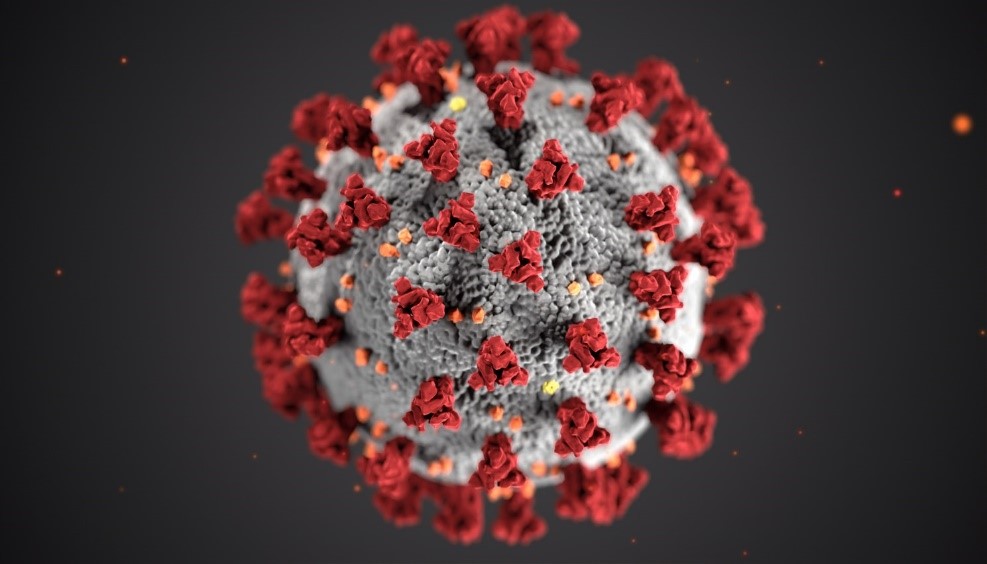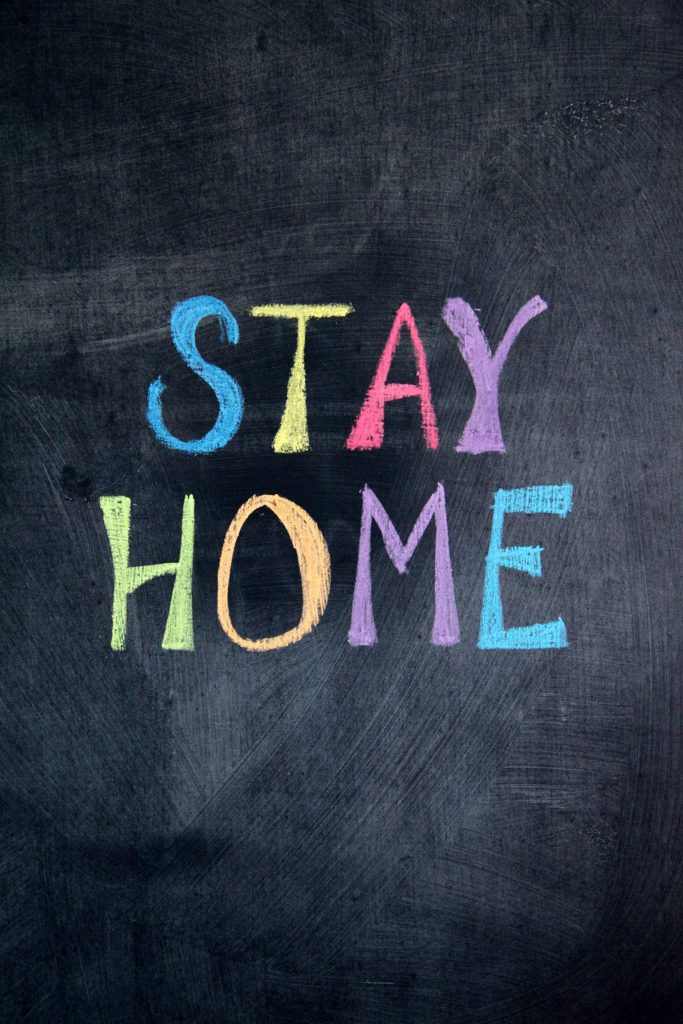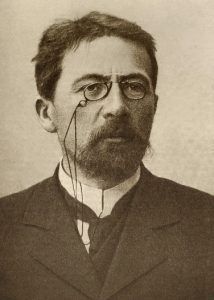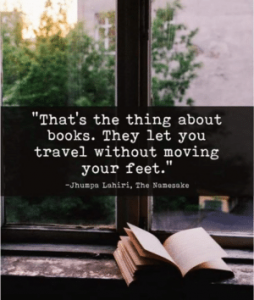When the illness first began, we read about it on news sites and watched shows talk about the COVID-19 virus affecting China in horrendous ways. But we did not quite gather that it was zooming towards us and the rest of the world at breakneck speeds.
Then it was here, and life changed within a few days. We were confined to our homes except for a few essential employees. The grocery stores were wiped clean of paper and canned goods, pasta, and most meats. The term, “social distancing” stood for standing six feet away from anyone, and people began to cover their mouths and noses to protect themselves from contracting the virus. The most terrifying news has been that people were and are dying rapidly in large and small cities all over the United States.
At the Mary and Jeff Bell Library at Texas A&M University-Corpus Christi the librarians, archivists, and staff were sent home to work like millions of other citizens. The idea to collect people’s COVID-19 experiences in both analog and digital media was supported by other universities doing the same and by our campus administrators.
On April 13, 2020, with the help of our Marketing and Communications Department and Bell Library’s User Engagement and Assessment Department, the Special Collections and Archives Department began collecting campus and community COVID-19 experiences in a large array of formats. These stories will be available online through the library’s website.
The question to ponder is why you should make the effort to collect your thoughts, feelings, worries, inspirations, and doubts.
The COVID-19 pandemic is a very democratizing

experience, it is affecting everyone’s daily life currently throughout the world. The transition to working at home – for those who can, wearing masks, conference calling, and fearing a trip to the grocery store was rapid and life altering.
World War II and the 9/11 attacks were events that altered how people think, this will be on the same scale. Attitudes will change, there will be a before time, the battle time we are living through now, and an after time where a new normalcy will gradually be accepted with the truth that this pandemic was real and could possibly happen again.
After the virus is contained, some people will always fear leaving their homes, some might wear masks while out in public for a long time, and many people will be economically impacted. We are resilient and positive in nature and will go on with our lives, but our psyches will retain the imprint of the COVID-19 pandemic.
By contributing to this collection of COVID-19 experiences you will be leaving a witness account of this time for future generations to study. A fuller more accurate picture of the people of this community and this situation will

be recorded and preserved to augment the information provided by public records.
These primary sources will be used by researchers to verify, analyze, and place in historical context the events of the pandemic. Educational and community research on these primary sources could lead to future political and economic change.
The archivists and librarians at Bell Library encourage you, no matter your age or background, to gather your experiences and after the Stay at Home Order has been lifted bring them, mail them, or email them to Bell Library, 2nd floor, Special Collections and Archives.
For questions you can email us at specialcollections@tamucc.edu .
We are currently collecting South Texas people’s COVID 19 experiences in these formats:
- Photographs,
- Voice memos, voicemails, recorded phone calls
- Podcasts, interviews
- Videos
- Blogs and websites
- Social media posts
- Twitter and Instagram hashtags
- Screenshots
- Memes (as image files, screenshots, or links)
- Zines (“quaranzines”), diaries, or journals
- Physical and digital artwork
- Essays/Poetry
If you have a format not listed, please contact specialcollections@tamucc.edu for consideration.


